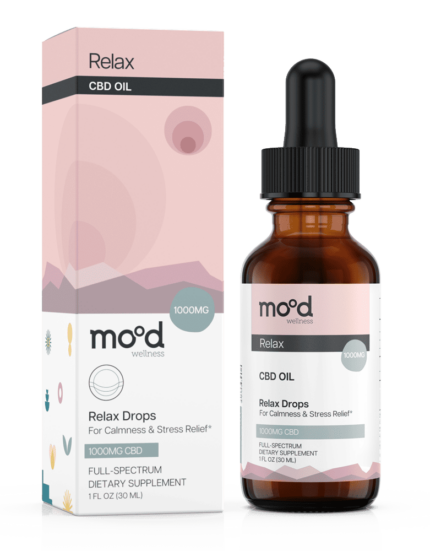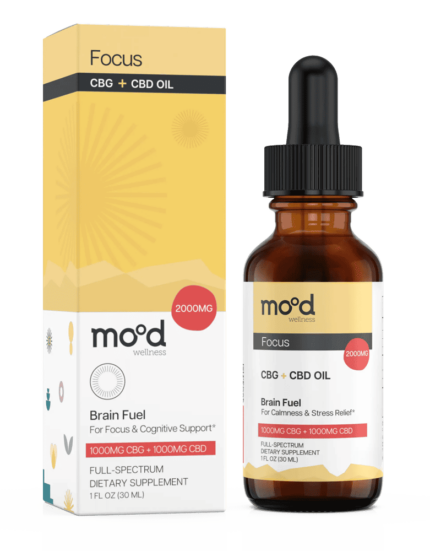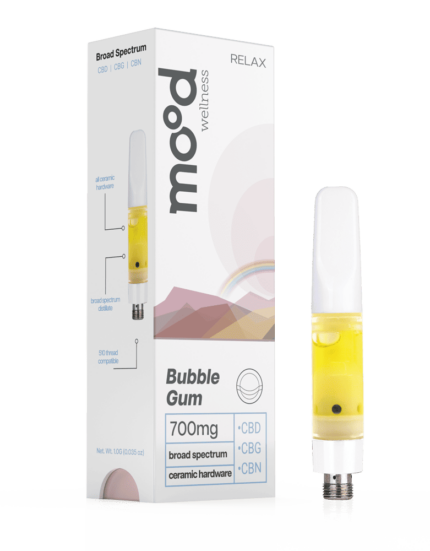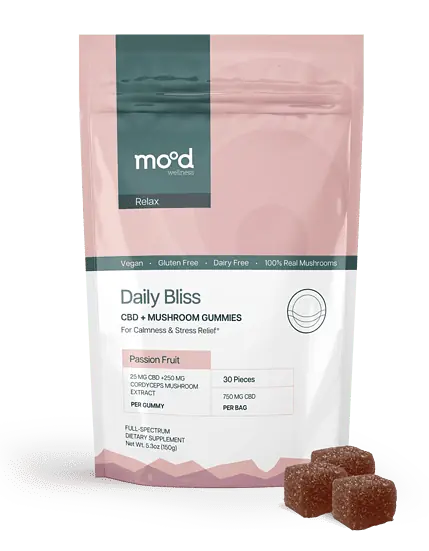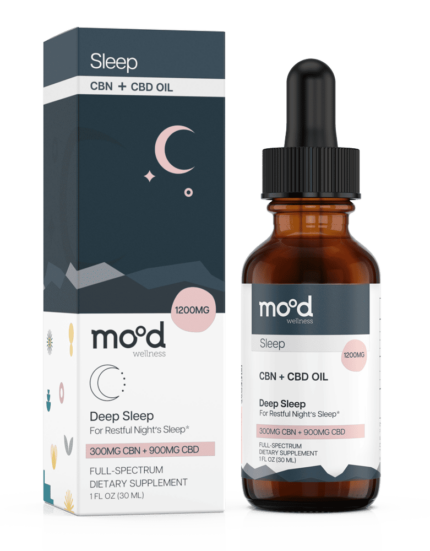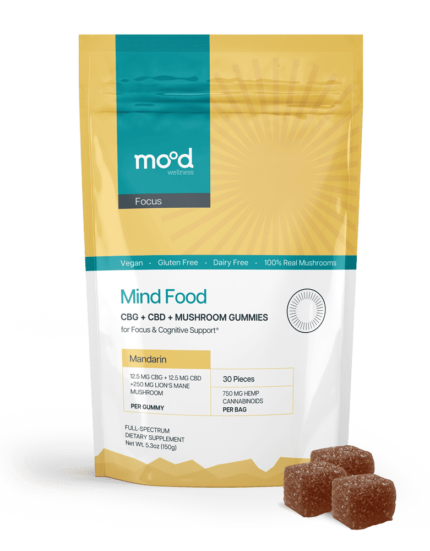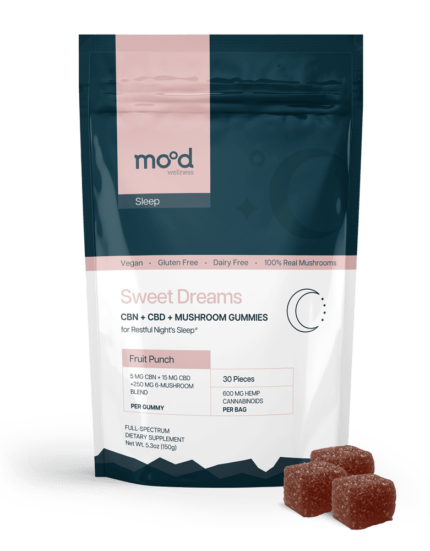Lion’s Mane (Hericium) mushroom, a unique superfood, has been gaining popularity in the health and wellness industry. Known for its potential benefits, this fascinating fungus is more than just a culinary delight.
In this comprehensive guide, we’ll explore the benefits, side effects, dosage recommendations, and various methods of using this mushroom.
What is Lion’s Mane Mushroom?
Lion’s Mane mushroom, scientifically known as Hericium erinaceus,
is a type of edible fungus that is recognized for its distinctive appearance and potential health benefits. This mushroom is not just known for its striking looks but also for its rich nutritional profile, which includes antioxidants, polysaccharides, and beta-glucans.
This mushroom is characterized by its long, cascading tendrils that truly resemble a lion’s mane. This mushroom is versatile and is used in culinary applications, often as a gourmet ingredient in soups and stir-fries.
Its flavor is often described as seafood-like, similar to chicken or lobster.
In the health and wellness sphere, Lion’s Mane is often consumed as a dietary supplement. It is available in various forms, including capsules, powders, and tinctures.
Hericium Mushroom in Traditional Medicine
Lion’s Mane mushroom, known scientifically as Hericium erinaceus, has a rich history that dates back centuries. This unique mushroom is native to North America, Europe, and Asia, and it grows in late summer and fall on hardwood trees, particularly American beech.
In traditional Chinese medicine, this mushroom has been used for over 2,000 years. Ancient practitioners believed that it could provide “nerves of steel and the memory of a lion.”
It was used to treat a variety of health conditions, including stomach ailments and neurological problems. In fact, it was often prescribed to individuals suffering from what we now know as Alzheimer’s disease, anxiety, and depression.
In Japan, the mushroom is known as yamabushitake, which translates to “mountain priest mushroom.” This name is derived from the Yamabushi monks who were said to use the mushroom to enhance their spiritual focus and cognitive abilities during meditation.
Today, modern science is beginning to uncover the profound benefits of this ancient superfood. Hericium mushrooms are cultivated worldwide, both for culinary and medicinal purposes. The cultivation process requires careful attention to temperature, humidity, and light conditions, making it a labor of love for those who grow these incredible mushrooms.
Despite its long history of use in traditional medicine, Lion’s Mane mushroom is relatively new to the western world.
However, as more research is conducted and its potential benefits are uncovered, it’s quickly gaining popularity in the health and wellness industry.

The Cultivation of Lion’s Mane Mushroom
Growing Hericium mushrooms demands precision and attention to detail. The process starts with substrate preparation, a mixture of hardwood sawdust and wheat bran, mimicking the mushroom’s natural habitat.
The substrate undergoes sterilization, a critical step to eliminate competing organisms that could impede mushroom growth.This process involves heating the substrate to a high temperature for a specific duration.
Post sterilization, the substrate is inoculated with Lion’s Mane spawn, the mushroom’s seed containing the mycelium, the fungus’s vegetative part. The spawn-infused substrate is then placed in a controlled environment.
This environment requires careful regulation of temperature and humidity levels to foster mushroom growth.
This mushroom thrives at around 70 degrees Fahrenheit with high humidity and a certain amount of daily light.
After several weeks, the mushrooms enter the fruiting stage, producing their distinctive spines resembling a lion’s mane. Harvesting occurs when the spines are fully developed but before browning begins.
Harvested mushrooms are either dried or processed for consumption. Drying involves using a dehydrator or a low-temperature oven.
Once dried, they can be ground into a powder for supplements or used fresh for tinctures or extracts.
Cultivating mushrooms is labor-intensive, requiring patience and care. However, the result is a potent superfood with potential health benefits.

The Benefits: What the Research Says?
Let’s delve deeper into the research studies that have explored the potential benefits of Lion’s Mane mushroom:
-
- Cognitive Health: Lion’s Mane mushroom has been studied for its potential effects on cognitive health. Some research suggests that it might support brain health by promoting nerve growth factor (NGF) production. A study published in 2018 on Medicinal Mushrooms found that mice given Hericium mushroom extract showed improved memory and learning abilities compared to those that did not receive the extract.
-
- Enhanced Recognition Memory: A study conducted on aging mice showed that a two-month oral supplementation with Lion’s Mane mushroom reversed the age-related decline of recognition memory. This suggests potential benefits for memory support and cognitive health.
-
- Promotes Neurogenesis: The same study also found that Lion’s Mane mushroom induced neurogenesis (the formation of new neurons) in the hippocampus and cerebellum of the mice. This could potentially contribute to brain health and function.
Immune Support: Lion’s Mane mushroom contains beta-glucans, a type of polysaccharide that is known to support immune health. A study published in 2017 that polysaccharides extracted from Lion’s Mane mushroom had immunomodulatory effects.
- Promotes Neurogenesis: The same study also found that Lion’s Mane mushroom induced neurogenesis (the formation of new neurons) in the hippocampus and cerebellum of the mice. This could potentially contribute to brain health and function.
-
- Digestive Health: Some research suggests that Lion’s Mane mushroom might support digestive health by promoting the growth of beneficial gut bacteria. A study published in 2013 found that Lion’s Mane mushroom extract could potentially protect against gastric ulcers.
Culinary Applications
In addition to its potential health benefits, Hericium mushroom is also a culinary delight. Its flavor is often described as seafood-like, similar to crab or lobster, making it a popular ingredient in vegetarian and vegan dishes.
It can be sautéed, grilled, or used in soups and stews.
In Asian cuisine, it’s often used in stir-fries and hot pot dishes. The unique texture and flavor of Lion’s Mane make it a versatile ingredient that can be used in a variety of culinary creations.
Potential Side Effects of Lion’s Mane Mushroom
Despite scientific research pointing to potential health benefits of the Lion’s Mane mushroom, it’s important to note that there may also be possible side effects when taking the mushroom as a dietary supplement.
Most people only experience mild or moderate side effects, if any.
However, some individuals may experience negative reactions, especially if they take a high dosage of the mushroom.
Allergic reactions are one of the more common side effects.
This includes symptoms such as itching, rash, facial or lip swelling.
People who are sensitive to other mushrooms may also be sensitive to Lion’s Mane.
Additionally, there have been reports of digestive upset, nausea, and vomiting in some users. These symptoms may be caused by an over-sensitivity of the intestines to certain components in the mushroom.
Another possible side effect is skin rash, such as an acne-like rash.
The rash is usually mild and goes away on its own after discontinuing the supplement.
Therefore, it’s important to consult with a doctor before taking functional mushrooms, especially if there is a history of sensitivities or digestive system disorders. It’s also recommended to start with a low dosage and monitor for possible reactions.
Recommended Dosage of Lion’s Mane Mushroom
The optimal dosage of Lion’s Mane mushroom depends on several factors and may vary from person to person. However, for improving cognitive functions such as memory and focus, general recommendations suggest a daily dosage of 500-1500 mg.
Start with the lower dosage and gradually increase to the higher dosage, while monitoring for possible side effects. It’s advisable to take the daily dosage in several divided doses throughout the day with meals, to enhance absorption and prevent digestive upset.
Individuals suffering from health issues such as depression or autoimmune diseases may require a higher dosage of up to 3 grams per day.
However, it’s important to consult with a doctor before taking high dosages for extended periods.
Also, consider that the concentration of active substances in Lion’s Mane mushroom products may vary between different types and manufacturers. Therefore, it’s important to follow the specific instructions of each product and not exceed the dosage recommended by the manufacturer.
In general, it’s recommended to consult with a doctor or pharmacist before starting to use Lion’s Mane mushroom, and to ensure that the dosage is suitable for your health condition and personal needs. Proper and thoughtful use can maximize benefits, while excessive dosages may cause side effects.
How to Use Lion’s Mane Mushroom
Lion’s Mane (Hericium) mushroom can be consumed in several ways.
Here are some popular forms of Lion’s Mane supplements and how to use them:
-
- Capsules: Lion’s Mane capsules are a convenient way to incorporate this superfood into your routine. Simply take the recommended number of capsules with a glass of water. The dosage may vary depending on the brand, so always follow the instructions on the label.
-
- Powders: powder is a versatile option that can be mixed into a variety of foods and drinks. You can add a scoop of powder to your morning smoothie, stir it into a bowl of oatmeal, or even mix it into your coffee. The powder has a mild flavor that can easily blend with other ingredients.
-
- Tinctures: A concentrated liquid form of the mushroom. To use a tincture, you typically place a few drops under your tongue and hold it there for about 30 seconds before swallowing.
This method allows for quick absorption into the bloodstream.
- Tinctures: A concentrated liquid form of the mushroom. To use a tincture, you typically place a few drops under your tongue and hold it there for about 30 seconds before swallowing.
-
- Tea : Lion’s Mane mushroom tea is a soothing way to enjoy the benefits of this superfood. Simply steep a tea bag in hot water for a few minutes, then enjoy. You can also add a sweetener or a splash of milk if you prefer.
-
- Gummies 🍬: For those who prefer a sweet treat, Lion’s Mane gummies are a great option. They provide a fun and tasty way to enjoy the benefits of Lion’s Mane mushroom.
Other Mushrooms vs Lion’s Mane Mushroom
Lion’s Mane mushroom stands out among other mushrooms due to its unique potential cognitive and immune benefits. However, other mushrooms like Reishi and Cordyceps also offer their own set of benefits.
Here’s a more detailed comparison:
| Mushroom | Active Ingredients | Vitamins and Minerals | Potential Benefits |
| Lion’s Mane | Erinacines, Hericenones | Vitamin D, Niacin, Thiamine, Zinc, Potassium | Cognitive health, immune support, digestive health |
| Reishi | Triterpenoids, Polysaccharides | Vitamin C, Vitamin B3, Iron, Zinc | Immune support, potential sleep support |
| Cordyceps | Cordycepin, Polysaccharides | Vitamin B1, Vitamin B2, Vitamin B12, Iron, Magnesium | Energy boosting, potential anti-aging properties |
Other Brain Superfoods vs Lion’s Mane Mushroom
When it comes to brain health, Lion’s Mane mushroom is often compared to other brain superfoods like blueberries, turmeric, and walnuts.
Here’s how they compare:
| Superfood | Active Ingredients | Vitamins and Minerals | Potential Benefits |
| Lion’s Mane | Erinacines, Hericenones | Vitamin D, Niacin, Thiamine, Zinc, Potassium | Cognitive health, immune support, digestive health |
| Blueberries | Anthocyanins, Quercetin | Vitamin C, Vitamin K, Manganese | Antioxidant-rich, potential cognitive benefits |
| Turmeric | Curcumin | Vitamin C, Vitamin K, Iron, Potassium | Anti-inflammatory, potential cognitive benefits |
| Walnuts | Omega-3 fatty acids, Ellagic acid | Vitamin E, Vitamin B6, Folate, Copper, Manganese | Rich in Omega-3 fatty acids, potential cognitive benefits |
The Future of Lion’s Mane Mushroom
The potential benefits of Lion’s Mane mushroom are still being explored, and more research is needed to fully understand its effects on human health. However, the existing research is promising, and the popularity of this mushroom continues to grow.
As more people seek natural ways to support their health, it’s likely that Lion’s Mane mushroom will continue to gain recognition as a powerful superfood. The future of Lion’s Mane mushroom looks promising as researchers continue to uncover its potential benefits and applications in health and wellness.
Conclusion
Lion’s Mane mushroom is a fascinating superfood that offers a unique blend of potential health benefits. From its potential to support cognitive health to its immune-boosting properties, Lion’s Mane mushroom is a worthy addition to any wellness routine. Whether you choose to consume it in capsule, powder, tincture, tea, or even gummy form, you’re providing your body with a range of beneficial compounds.
As always, it’s important to consult with a healthcare provider before starting any new supplement regimen.
Discover the power of Lion’s Mane mushroom and embark on a journey towards enhanced well-being.
